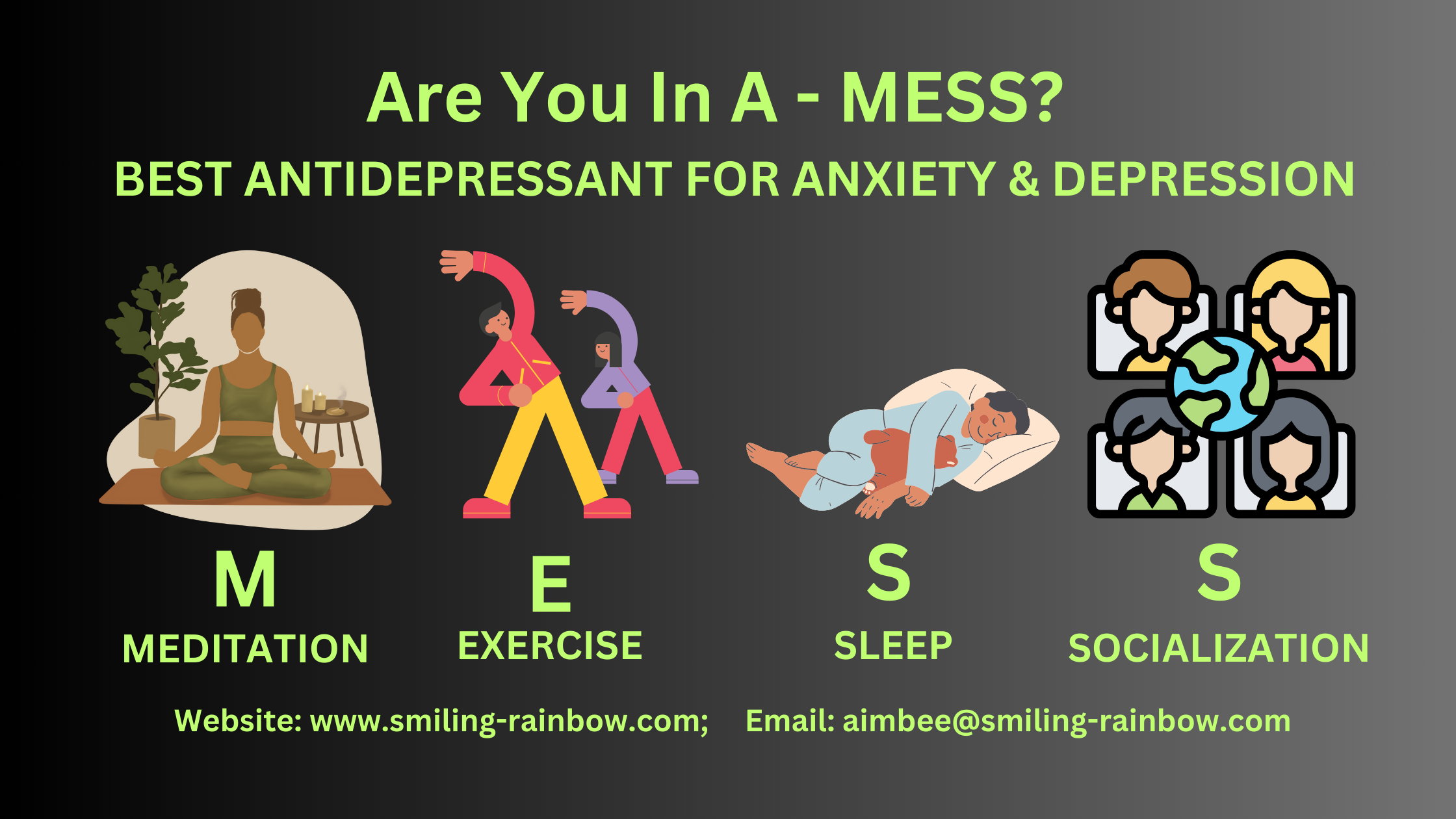
Relationships are often depicted as idyllic unions filled with love, trust, and companionship. However, for many individuals, the journey of love is fraught with anxiety and uncertainty. Relationship anxiety, characterized by persistent worries, doubts, and insecurities about romantic relationships, can cast a shadow over even the happiest of partnerships. In this blog, we’ll explore the ten most common signs of relationship anxiety, supported by intriguing data, research findings, and poignant case studies. We will aim to shed light on this prevalent yet often overlooked aspect of interpersonal dynamics.
10 Most Common Signs Of Relationship Anxiety
Constant Fear of Abandonment:
One of the hallmark signs is a pervasive fear of abandonment or rejection by a romantic partner. Individuals may constantly worry about their partner leaving them, even in the absence of evidence or rational justification.
A study published in the Journal of Anxiety Disorders found that fear of abandonment is a significant predictor of such anxiety, particularly in individuals with insecure attachment styles.
Reassurance Addiction:
People experiencing relationship anxiety often seek excessive reassurance from their partners to alleviate their fears and doubts. They may repeatedly ask for validation of their partner’s love and commitment, leading to strain and tension in the relationship. The need for constant reassurance can easily be termed as a form of addiction in such people.
Ira (Name Changed), a young woman in her mid-20s, constantly sought reassurance from her partner about their feelings and intentions. Despite her partner’s patience and reassurances, Ira’s anxiety persisted, causing friction and insecurity in their relationship.
Overanalyzing Situations:
Individuals with relationship anxiety tend to overanalyze every interaction, text message, or gesture from their partner, searching for hidden meanings or signs of trouble. This constant scrutiny can lead to misinterpretations and unnecessary conflicts.
A study published in the Journal of Social and Personal Relationships found that individuals with such kind of anxiety are more likely to engage in rumination and over analysis of relationship-related information.
Jealousy and Possessiveness:
Jealousy and possessiveness are common manifestations of relationship anxiety, stemming from a fear of losing the partner’s affection or attention to others. Individuals may become excessively vigilant of their partner’s interactions with others, leading to feelings of insecurity and mistrust.
A meta-analysis published in the Journal of Personality and Social Psychology found that jealousy is significantly associated with such anxiety and can have detrimental effects on relationship satisfaction and stability.
Difficulty Trusting Romantic Partner:
Trust is the foundation of healthy relationships, but individuals with relationship anxiety often struggle to trust their partners fully. They may constantly doubt their partner’s intentions, fidelity, or sincerity, leading to a cycle of mistrust and suspicion. That intrusive behavior contributes to relationship dissatisfaction and conflict and eventually break up.
Sunny (Name Changed), a man in his mid-30s, found it challenging to trust his partner despite their consistent demonstration of loyalty and commitment. His constant doubts and suspicions strained their relationship and eroded the trust between them.
Catastrophizing Future Scenarios:
People often engage in catastrophic thinking, imagining worst-case scenarios and potential threats to the relationship’s stability. These intrusive thoughts can fuel anxiety and undermine the individual’s ability to enjoy the present moment.
A study published in the Journal of Abnormal Psychology found that individuals with relationship anxiety are more likely to engage in catastrophic thinking and negative rumination about their relationships.
Avoidance of Intimacy or Vulnerability:
In an attempt to protect themselves from potential heartache or rejection, individuals may avoid intimacy or vulnerability with their partners. They may erect emotional barriers or withhold their true thoughts and feelings, fearing judgment or rejection.
A study published in the Journal of Family Psychology found that avoidance of intimacy is a common coping strategy among individuals with relationship anxiety, contributing to relationship dissatisfaction and distress.
Physical Symptoms of Anxiety:
It can manifest in various physical symptoms, including rapid heartbeat, sweating, trembling, nausea, or gastrointestinal disturbances. These physical manifestations of anxiety can exacerbate the individual’s distress and impair their ability to function effectively in the relationship.
Saniya (name changed), a middle-aged woman with relationship anxiety, experienced frequent panic attacks and gastrointestinal distress whenever she felt insecure or threatened in her relationship. These physical symptoms took a toll on her mental and emotional well-being, affecting her daily life and interactions with her partner.
Difficulty Setting Boundaries:
Individuals may struggle to establish and maintain healthy boundaries in their relationships. That leads to feelings of being overwhelmed or suffocated by their partner’s needs or expectations. They may prioritize their partner’s needs over their own, neglecting their well-being in the process.
A study published in the Journal of Personality and Social Psychology found that individuals with relationship anxiety are more likely to have difficulties setting and maintaining boundaries. That behavioral trait eventually leads to
Negative Self-Talk and Low Self-Esteem:
It often coexists with negative self-talk and low self-esteem, as individuals internalize their fears and insecurities about their worthiness and desirability as partners. They may berate themselves for perceived flaws or shortcomings, further fueling their anxiety and self-doubt.
A meta-analysis published in the Journal of Anxiety Disorders found that low self-esteem is strongly associated with relationship anxiety, particularly in individuals with a history of past relationship difficulties or trauma.
Relationship anxiety is a pervasive and complex phenomenon that can undermine the health and stability of romantic partnerships. By recognizing the signs and symptoms of relationship anxiety and addressing underlying insecurities and attachment patterns, individuals can cultivate healthier, more fulfilling relationships. If you or someone you know is struggling with relationship anxiety, remember that help is available, and seeking support is a courageous step towards healing and growth. Remember, you are not alone, and there is hope for overcoming relationship anxiety. If you or someone you know needs support, consider reaching out to a mental health professional or therapist for guidance and assistance.



















